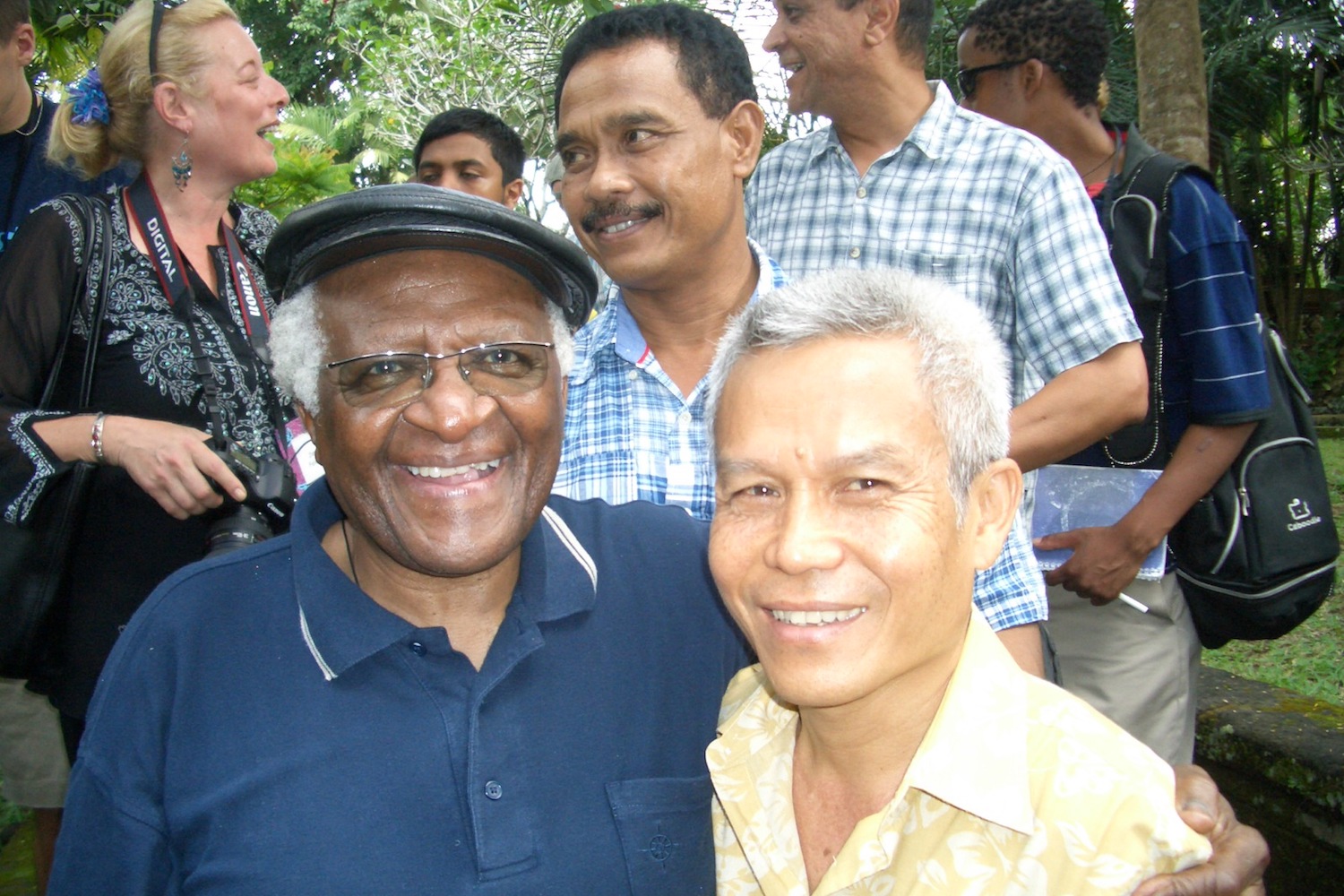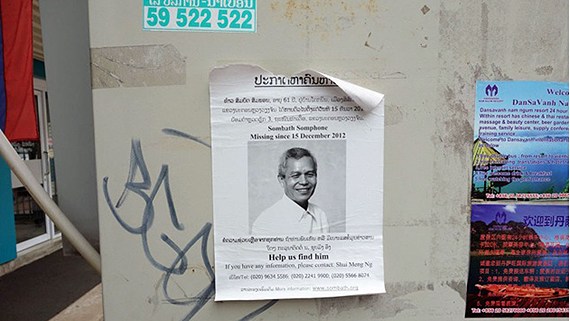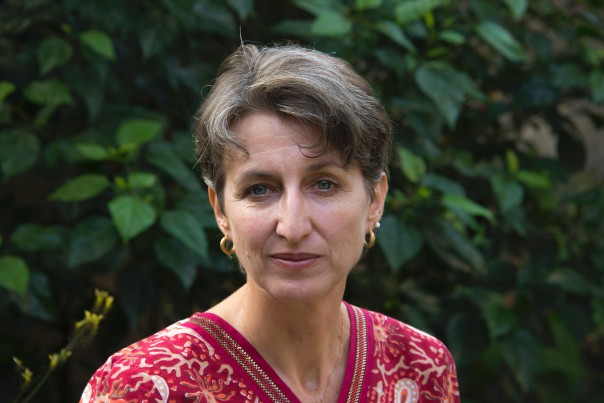Radio France Internationale: 23 October 2013

French President François Hollande met Laos’s leader Choummaly Sayasone in Paris on Tuesday in the first visit by a Loatian president since the country’s independence from France some 60 years ago. The visit is distinctly low-profile as several NGOs demand news of disappeared Laotian activist Sombath Somphone.
The Laotian president was due to meet business leaders at the headquarters of bosses’ union Medef on Wednesday and business was the central theme of the Elysée Palace’s statement after the two presidents met.
It called for an increase in French companies’ investments in Laos and announced the signing of a feasibility study into the extension of a hydroelectricty project on the Nam Theun river, a tributary of the Mekong.
Some of Laos’s hydroelectric projects on the Mekong have caused rows with neighbouring countries because of their possible effects downstream but an experts’ report says that measures have been taken to mitigate the enviromental effects of the Nam Theun project.
No press conference was organised for either Tuesday’s or Wednesday’s meetings, leading to speculation that the authorities wished to spare Sayasone the embarrassment of questions over the whereabouts of anti-corruption campaigner Somphone.
Human rights groups have called on France to press the Laotian leader for information about the activist, the 63-year-old head of the Participatory Development Center who disappeared in December 2012 and was last caught on CCTV cameras near a police station in the company of two unidentified individuals.
Europe and France should be concerned about his whereabouts, Debby Stothard of the International Federation of Human Rights told RFI as the two presidents met.
In February the European parliament expressed concern over his fate and the slow progress of the investigation into his disappearance.
A French Foreign Affairs Ministry statement on Monday called on the Laotian authorities to do everythgin possible to investigate the case but there was no indication that Hollande raised the subject with Sayasone in the presidential statement.
The two presidents paid tribute to the victims of the plane crash that cost 49 lives earlier this month.





